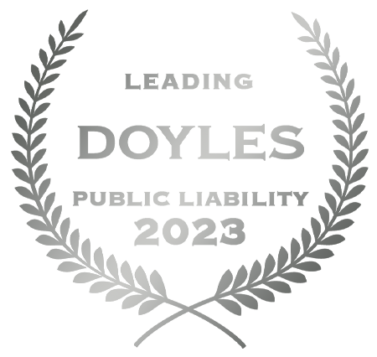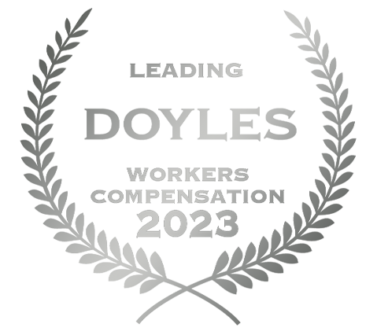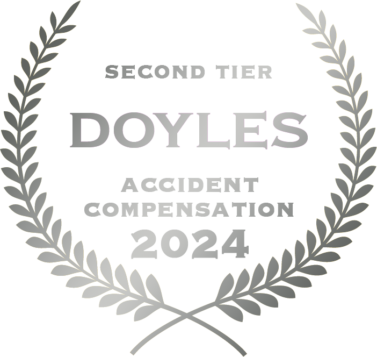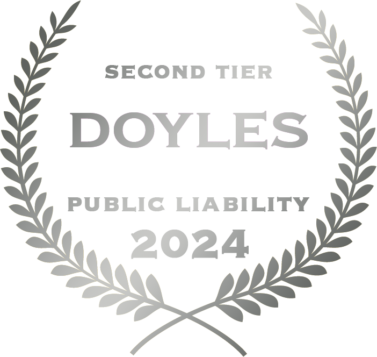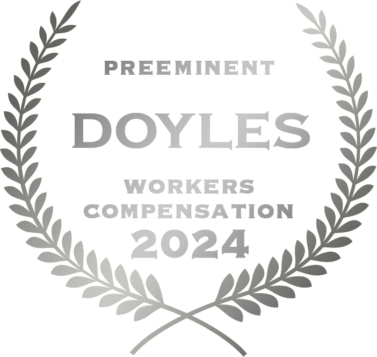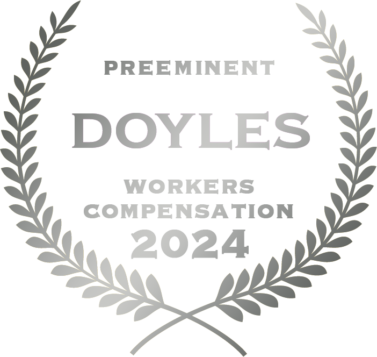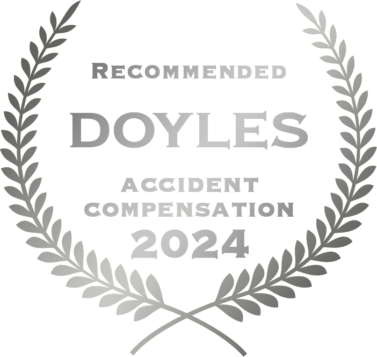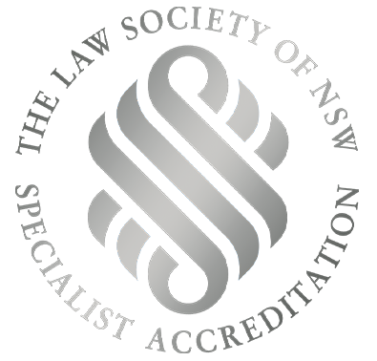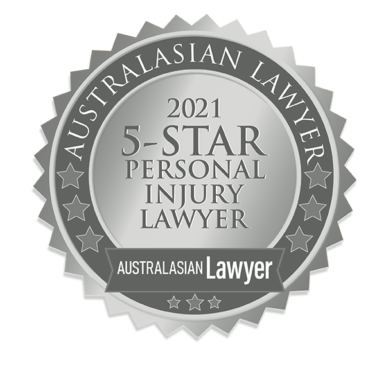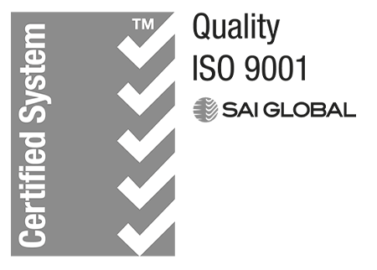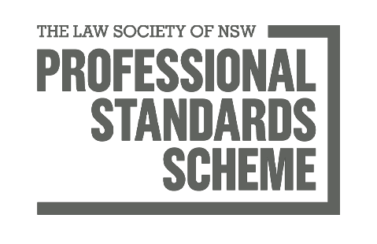Disputing a TAC Claim: What Do I Do?
If you’ve been injured in a vehicle accident and you’ve taken the time and energy to lodge a TAC claim, having your claim denied can feel like the end of the road. We’re here to reassure you that it doesn’t have to be. The Transport Accident Commission (TAC) oversees compensation claims for any injury caused by a vehicle accident in Victoria, so they’re the ones reviewing your case. If you disagree with their decision, then you can dispute a TAC claim to try and access benefits to help you recover. In this article, we explain how you can dispute a TAC claim decision, and the importance of having a lawyer you trust to help with your case.

How do I dispute a TAC claim decision?
There are many reasons why the TAC may deny your claim, and it might be for something as simple as forgetting to include a document. As part of their decision about whether to accept your claim, they’ll look at factors of your claim like how your injury is impacting your life, your capacity for work, and how the accident specifically created these impacts.
Common reasons that claims are denied include:
- Your injuries weren’t caused, or made worse, by the transport accident
- Your claim falls under a different scheme, e.g. if you were driving as part of your job then your claim will be through WorkSafe Victoria. For more information about this, see our WorkCover claims guide article
- You were injured in an uninsured vehicle on private land
There are three ways that you can dispute a TAC claim decision:
- Lodge an Informal Review request
- Lodge a TAC dispute application
- Lodge an application for review with the Victorian Civil and Administrative Tribunal (VCAT)
What is the TAC informal review process?
An informal review allows you to dispute a TAC claim decision, and you can request one if your claim is denied. This means your case will be looked at by a Review Officer at the TAC who’ll either change or uphold the original decision. The process is straightforward, and we’ve outlined the steps below:
Step 1: Request a TAC Informal Review process
You can start by lodging a request for an Informal Review with the TAC directly.
Step 2: Follow-up
The TAC will get in touch with you (or your lawyer) directly to give you a chance to explain your request and provide the TAC with any new information.
Step 3: The review
The TAC will then conduct a review of your initial case, factoring in any extra information that you’ve provided.
Step 4: Decision
There isn’t a set length of time that the review will take, but once the TAC have reached a decision about whether they’ll change their initial verdict, they’ll let you or your lawyer know straight away.
Step 5: What happens next
If you still disagree with a TAC decision, you can either:
- Lodge an application via the TAC dispute resolution process (you’ll need a lawyer for this process); or
- Lodge an application for review with the Victorian Civil and Administrative Tribunal (VCAT)
Keep reading to find out more about each of these options.
Call 13 15 15 or chat to us now for free advice
Chat nowFind out how much you can claim.
Get startedWhat is a TAC dispute application?
The next step you can take is lodging a dispute resolution agreement, and you’ll need a lawyer you trust on your side. We’ve outlined this process below:
If you’ve never had to use a lawyer before it can be difficult to know where to start, and it’s important to find one that you trust. At Law Partners we operate on a no win, no fee basis, and we win over 99% of our cases. We recommend calling us directly and speaking to a lawyer who specialises in TAC claims and can help you feel comfortable with the process so that you can explore all your options.
Step 1: Lodging a dispute
When you disagree with a TAC decision, you’ll need to submit a TAC dispute application, including the decision you want reviewed and why. Your lawyer also plays a significant role in this step, so it’s important to have a TAC specialist who you can trust. They’ll provide relevant information on your behalf like medical reports, vocational assessments, and details about your ability to work, which will support your claim that the decision was incorrect. All information needs to be sent to the TAC within 28 days of lodging the dispute, and your lawyer will need to provide all material they plan on using to support you throughout the review process.
Step 2: Dispute application review
Once the TAC has your dispute application, they’ll acknowledge it in writing within 14 days of receiving it. They might contact your lawyer directly. This written confirmation signals the beginning of the review process and if the TAC hasn’t started reviewing your dispute within 14 days of receiving your application, then you can apply for a review at the Victorian Civil and Administrative Tribunal (VCAT). Continue reading to find out more about this process.
Step 3: Dispute conference
You’ll need to attend a dispute application conference to talk about your disagreement and to see if an arrangement can be made that both parties are happy with. This will usually happen within 90 days of the TAC receiving your application, but can take longer if there are delays exchanging supporting documents, so it’s important to be prompt.
You must attend the dispute conference, along with:
- Your guardian or administrator (where relevant)
- Your legal representative
- A professionally qualified interpreter (if you require one)
- A TAC representative who has the authority to resolve the issue(s) in dispute
The TAC will pay for the costs of:
- An independent mediator
- A facilitator
- A professionally qualified interpreter
- A joint expert or special referee with expertise in the Impairment AMA Guides
- Your solicitor costs if the decision is varied, revoked, or replaced
They don’t have to tell you about their decision at the conference, but they only have 14 days to review and decide.
Step 4: Finalising the review
In the 14 days after the conference the TAC will either:
- Make no change to its decision, or
- Change its decision, or
- Make a new decision, or
- Confirm resolution of the dispute and the agreed terms of the resolution and prepare a document that details the agreed terms, which you’ll have to sign.
This will be confirmed within the 14 days after the conference, and if you haven’t heard anything then you can apply for review at VCAT.
Having a specialised TAC lawyer working on your case will give you the best chance of success when you’re navigating the TAC dispute application. A good TAC lawyer won’t rush things, and will make sure they get to know you personally so that no information is missed or left out. One small mistake can mean you miss out on tens of thousands of dollars of compensation that you’re entitled to, so it’s important that your lawyer is thorough and careful.
At Law Partners, we’re experts in TAC protocols and we’ve helped thousands of injured Australians access all the compensation they’re entitled to. We win over 99% of our cases and operate on a no win, no fee basis. If you’d like to find out how we can help with your case, or just want some free advice about your TAC dispute application, get in touch with us today and speak to one of our specialised TAC lawyers.
VCAT application
If you’re still unhappy with the TAC’s decision about your claim, you have 12 days after being informed of their decision to request a VCAT review. You’ll need to pay a fee to proceed with this step, though in cases of financial hardship the Victorian Government may waive it. A review at VCAT means:
- The TAC will review its original decision
- If the TAC doesn’t deem it necessary to change its decision, and the VCAT may ask you to attend a compulsory conference to try and resolve the dispute
- If the dispute still isn’t resolved, then VCAT will set a hearing date where you can argue your case, or engage a lawyer. VCAT will then make a final decision.
This is the last stage of disputing a TAC claim decision, and it’s critical that you engage a specialist TAC lawyer to give yourself the best chance of success. Navigating the legal proceedings as well as the stress that you’re already experiencing can be difficult, and it’s easier when you have a professional on your side.
What’s the time limit to dispute a TAC claim decision?
To dispute a TAC claim decision, you’ll need to lodge your dispute within 12 months of the TAC denying your claim. This applies to:
- TAC dispute applications
- TAC informal review process
- VCAT applications
If you’re worried that you’ve missed out on disputing a decision, contact our TAC lawyers in Melbourne as soon as possible. There are sometimes exceptions to this timeframe, so speaking to a specialist TAC lawyer will help you understand your options.
If you disagree with a TAC decision, it isn’t necessarily the end of the road. Understanding the TAC protocols and what to do if you disagree with a TAC decision can be the difference between an unsuccessful or a successful claim. You may be able to change the TAC’s decision by making a TAC dispute application, requesting a TAC informal review, or even an application to VCAT, and having a specialised TAC lawyer on your side will make the process smoother. If you have any further questions or would like to find out how to get a lawyer to help with your TAC dispute, contact us for some personalised advice from one of our TAC lawyers today.

Lydia Wheatley
Practice Group Leader
Practice group leader for our national Superannuation and TPD insurance team, Lydia is an accredited specialist with over 20 years’ experience in plaintiff personal injury law spanning multiple jurisdictions and practice areas.
Do I have a case?
Our senior lawyers will assess your case for free.
